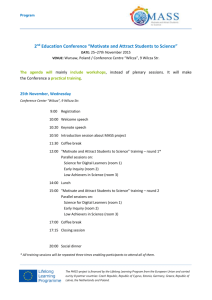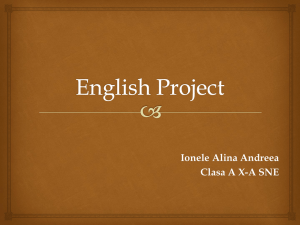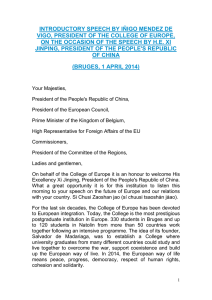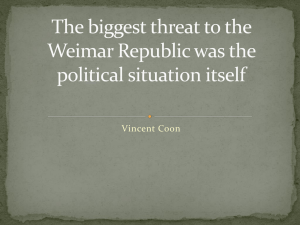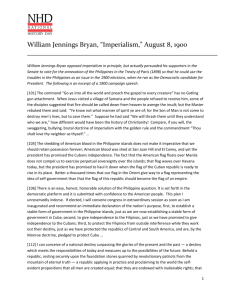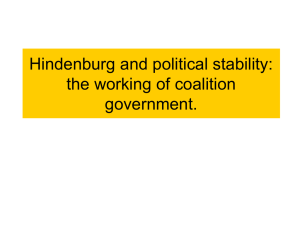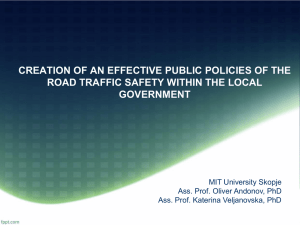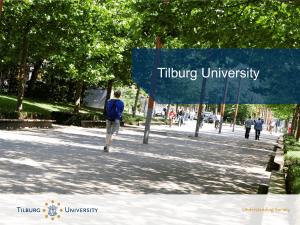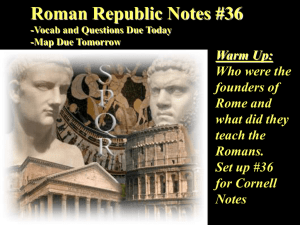About MASS
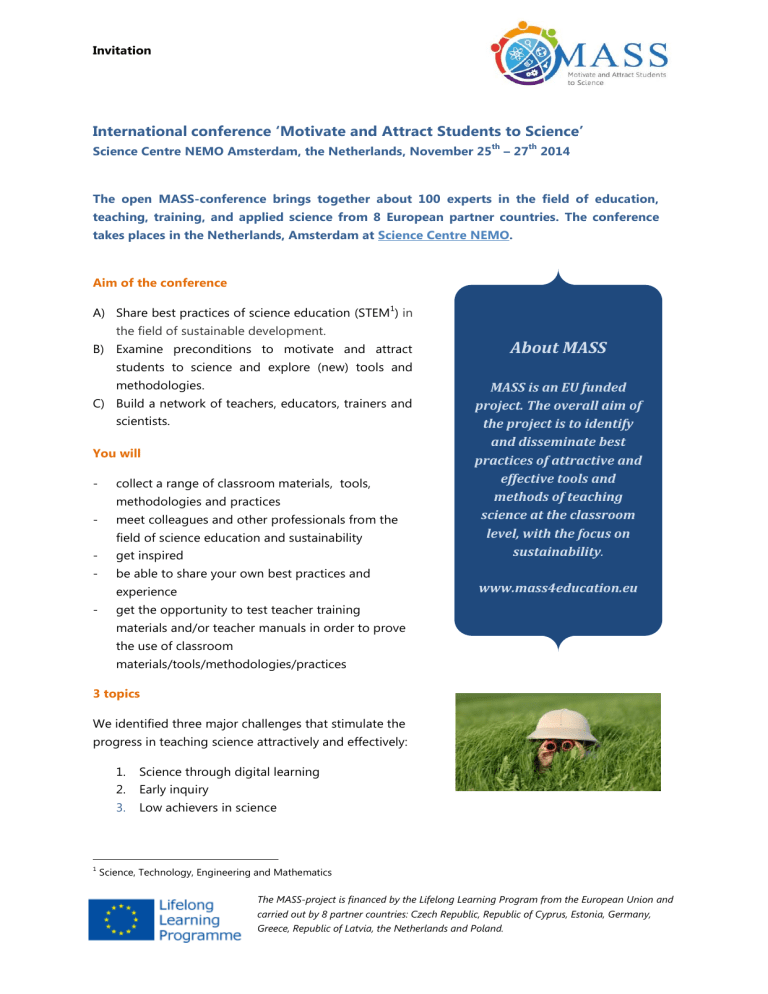
Invitation
International conference ‘Motivate and Attract Students to Science’
Science Centre NEMO Amsterdam, the Netherlands, November 25 th – 27 th 2014
The open MASS-conference brings together about 100 experts in the field of education, teaching, training, and applied science from 8 European partner countries. The conference takes places in the Netherlands, Amsterdam at Science Centre NEMO .
Aim of the conference
A) Share best practices of science education (STEM 1 ) in the field of sustainable development.
B) Examine preconditions to motivate and attract students to science and explore (new) tools and methodologies.
C) Build a network of teachers, educators, trainers and scientists.
You will
collect a range of classroom materials, tools, methodologies and practices
meet colleagues and other professionals from the field of science education and sustainability
get inspired
be able to share your own best practices and experience
get the opportunity to test teacher training materials and/or teacher manuals in order to prove the use of classroom materials/tools/methodologies/practices
3 topics
We identified three major challenges that stimulate the progress in teaching science attractively and effectively:
1.
Science through digital learning
2.
Early inquiry
3.
Low achievers in science
About MASS
MASS is an EU funded project. The overall aim of the project is to identify and disseminate best practices of attractive and effective tools and methods of teaching science at the classroom level, with the focus on sustainability . www.mass4education.eu
1 Science, Technology, Engineering and Mathematics
The MASS-project is financed by the Lifelong Learning Program from the European Union and carried out by 8 partner countries: Czech Republic, Republic of Cyprus, Estonia, Germany,
Greece, Republic of Latvia, the Netherlands and Poland.
Invitation
1.
Science through digital learning
Majority of today´s generation of learners use digital devices, internet applications or social media on daily basis, mostly for communication and entertainment. We share experience on how such tools and media can be used to link students to science and make science education more meaningful.
2.
Early Inquiry
Inquiry has proven to be an effective method to attract children to science and increase their learning, especially in young age. We will address barriers of using inquiry-based methods at schools and show successful incorporation of these methods to the science classroom practice, with the special focus on primary schools learners.
3.
Low Achievers in Science
Science is a setting where we learn important lessons about real world; that is why it must be delivered to every child. We will share practices that deal with attracting low achievers to science and help them develop some of the key competences that are basic-life skills at the same time.
Are you a teacher , interested in ways to improve science education in your daily practice?
Please join!
Are you a trainer , looking for ways to help teachers to be confident and successful in teaching science topics in a relevant and accessible way? Participate!
Are you a scientist , curious for practical examples and opportunity to meet educators, teachers and trainers in the field of science and sustainability? Subscribe now!
About the location
Discover the world for yourself: that’s NEMO’s philosophy. For every visitor, young or old, there are plenty of surprises in store, packed with fun and useful knowledge about science and technology.
Marvel at the world around you, awaken your curiosity and develop your own ideas about how the world works. www.e-nemo.nl/en/
Program website: www.mass4education.eu
For more information about MASS and most actual version of the conference program.
Registration: www.sme.nl/mass4education
Registration fee: € 200 including VAT.
The MASS-project is financed by the Lifelong Learning Program from the European Union and carried out by 8 partner countries: Czech Republic, Republic of Cyprus, Estonia, Germany,
Greece, Republic of Latvia, the Netherlands and Poland.
